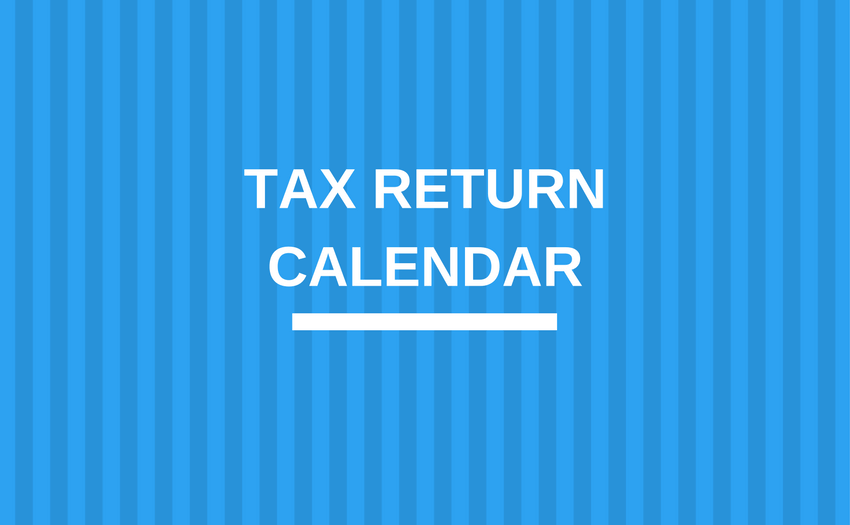Tax Return Calendar
If you are self-employed, you undoubtedly already know how important it is to submit your tax return, whether it be online or via paper.
During a tax year, there are 6 important dates which it is vital to act beforehand, or you may risk having to pay a fine. Even failing to submit a tax return when you owe nothing to HMRC will result in a penalty.
Below is a handy table which outlines which courses of action need to be carried out before specific deadlines. If you need to submit a tax return, make a note of all the dates which apply to you on your calendar.
| Date | To-Do |
|---|---|
| 31st July | If you submitted a tax return last year, you need to make your second payment on account before 31st July. |
| 5th October | Before this date, you must inform HMRC of any income you have received that wasn’t already taxed, so they can send you a tax return. You should also register for Self-Assessment before this date. |
| 31st October | Any tax returns filed on paper (non-digitally) must be submitted before this date. |
| 30th December | Tax returns filed online need to be filed before this date if you have income through employment or pensions, so that HMRC can collect the self-employment tax through your tax code. |
| 31st January | All other online tax returns must be submitted before this date. You will receive a penalty if you do not submit, regardless of how much tax you must pay. The first payment on account for this return needs to be made. After this date, you have 12 months to make any amendments to incorrect information on your submitted tax return. |
| 5th April | End of the tax year. If you are required to submit a tax return, you will be told to file in April for the year that’s just ended. |
Don’t Leave your Tax Return to the Last Minute
Many people don’t realise how early they can give their records to their accountant. Handing your banking records over as early as the 5th of April can allow them to do as much work for your tax return as possible, and will always ensure the work gets completed well before the deadline.

